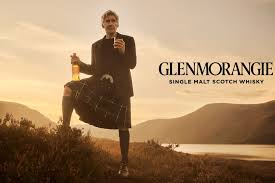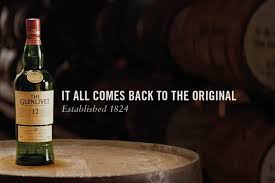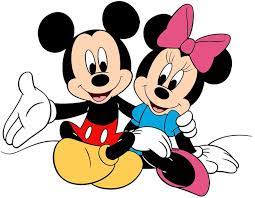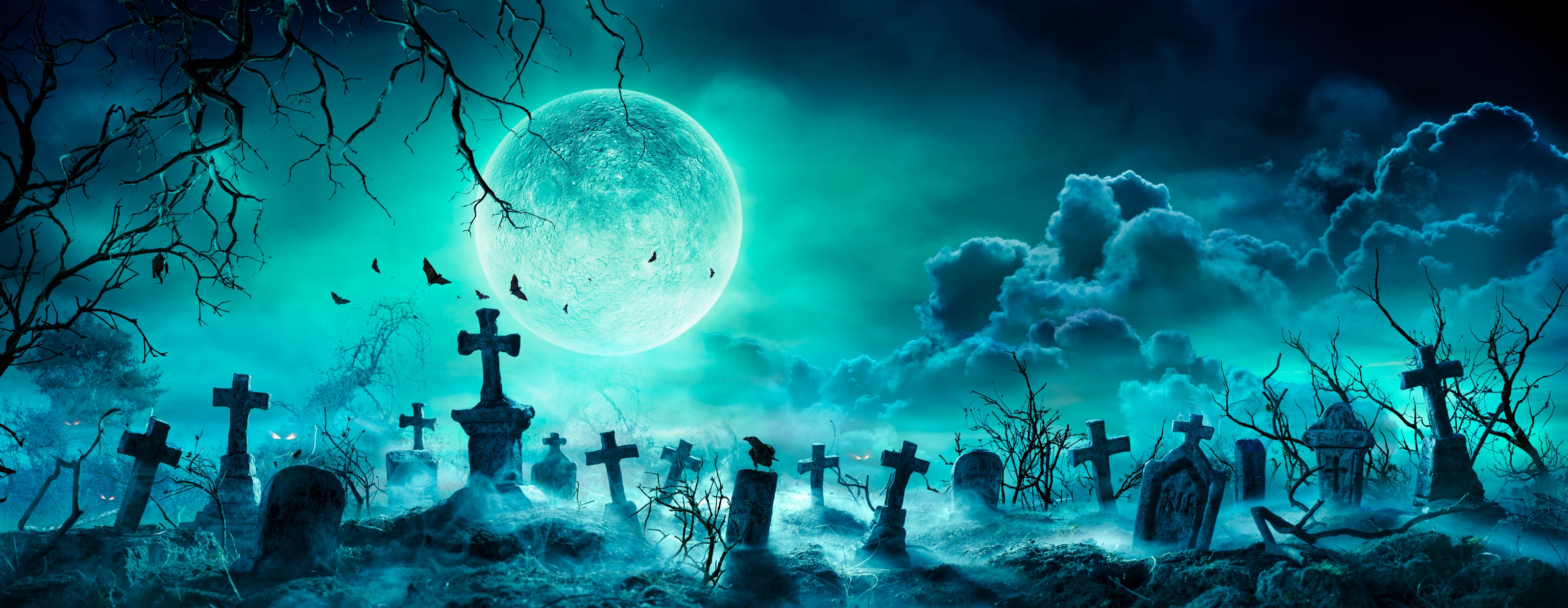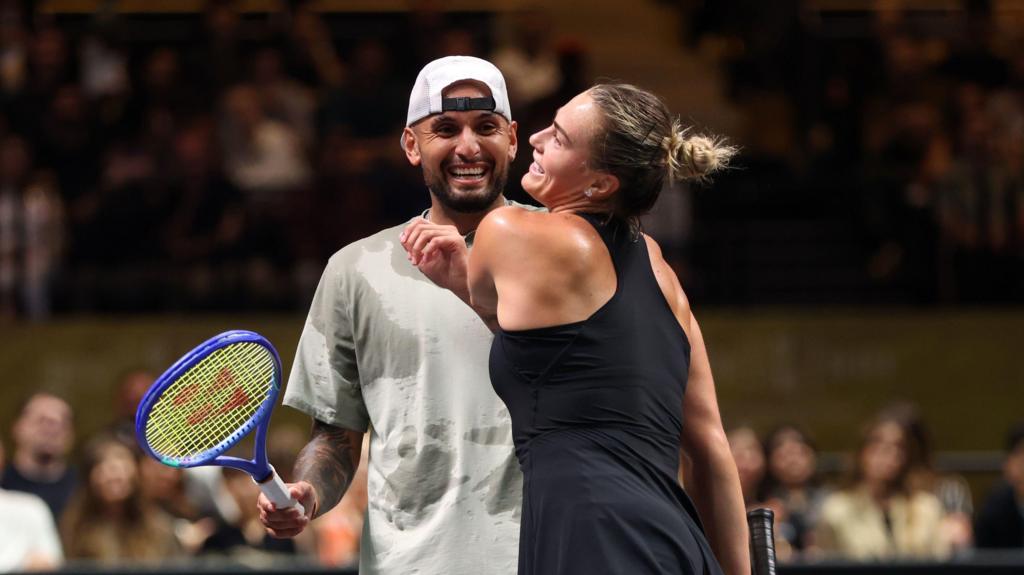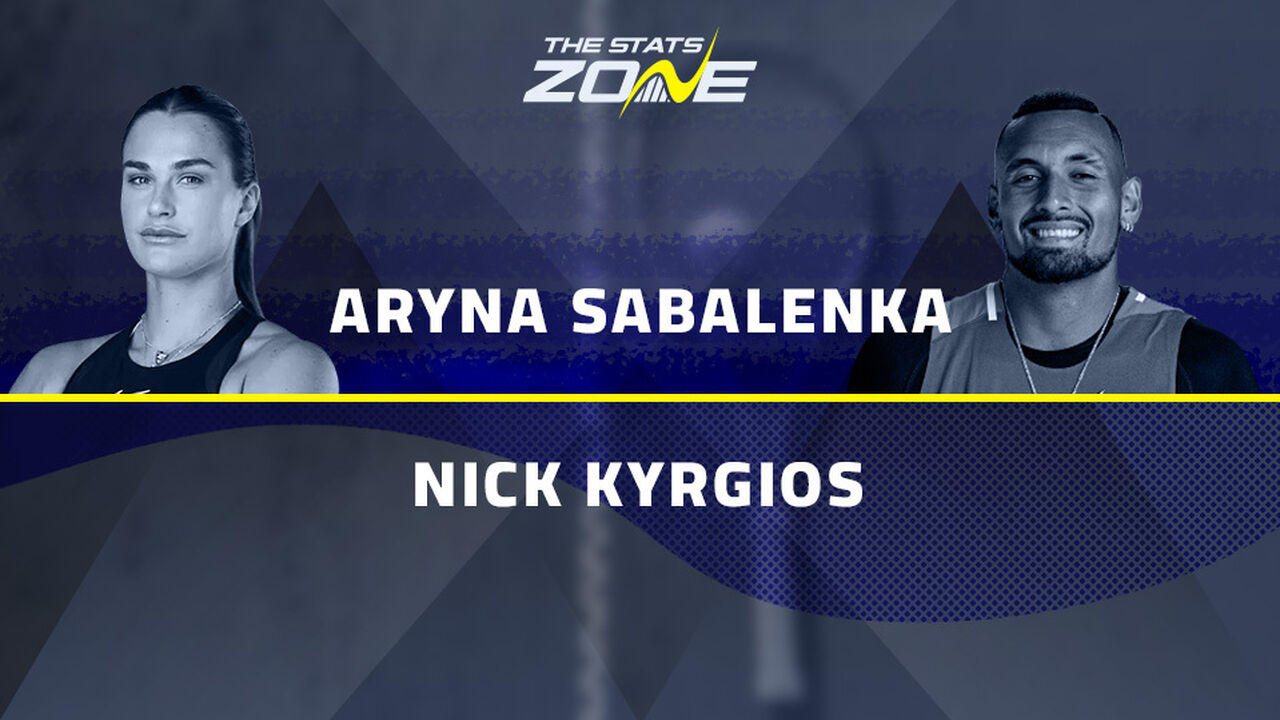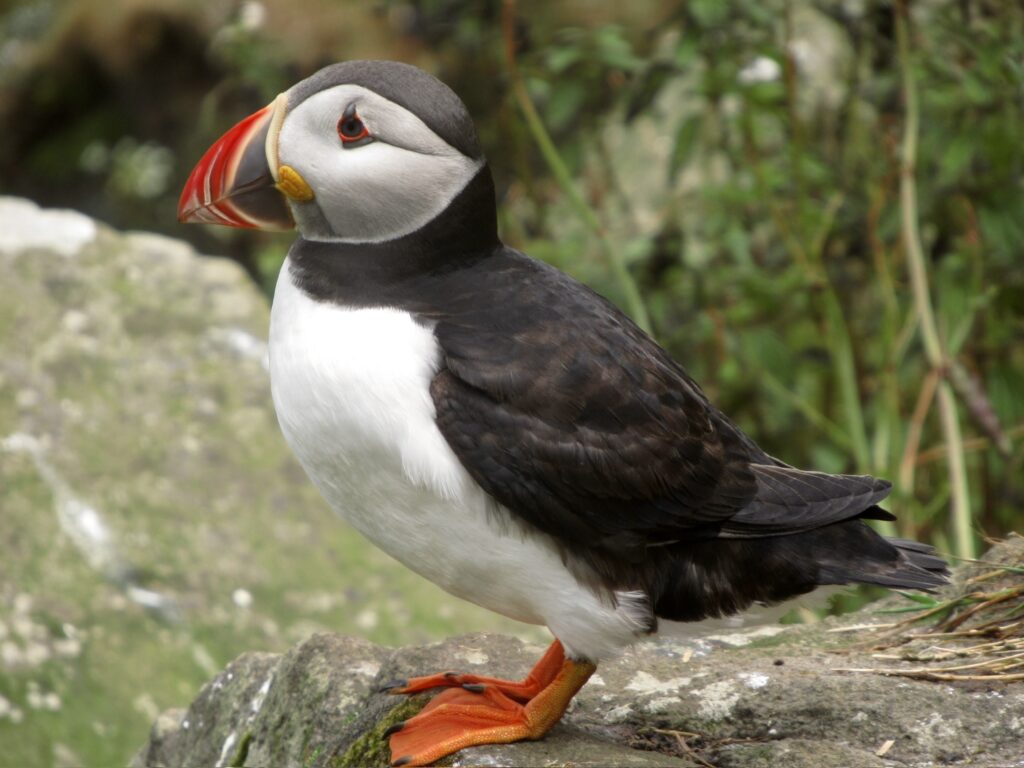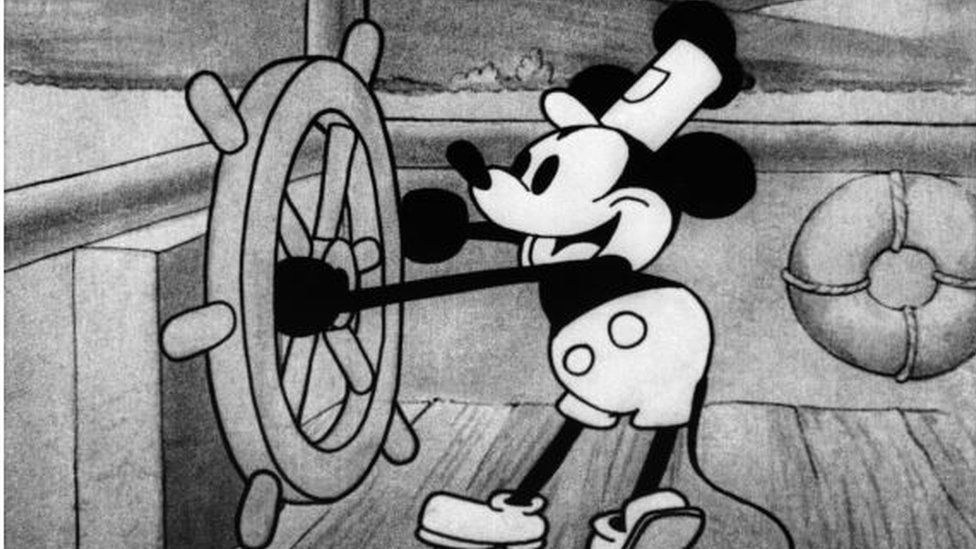
It was the animat that launched the House of Mouse.
Steamboat Willie, a 1928 short film featuring early non-speaking versions of Mickey and Minnie, is widely seen as the moment that transformed Disney’s fortunes and made cinema history.
Their images are now available to the public in the US, after Disney’s copyright expired.
It means creatives like cartoonists can now rework and use the earliest versions of Mickey and Minnie.
In fact, anyone can use those versions without permission or cost.
But Disney warned that more modern versions of Mickey are still covered by copyright.
“We will, of course, continue to protect our rights in the more modern versions of Mickey Mouse and other works that remain subject to copyright,” the company said.
US copyright law says the rights to characters can be held for 95 years, which means the characters in Steamboat Willie entered the public domain on Monday, 1 January 2024.
Those works can now legally be shared, performed, reused, repurposed or sampled.
The early versions of Mickey and Minnie are just two of the works entering the public domain in the US on New Year’s Day.
Other famous films, books, music and characters from 1928 are now also available to the American public.
They include Charlie Chaplin’s silent romantic comedy The Circus; English author AA Milne’s book The House at Pooh Corner, which introduced the character Tigger; Virginia Woolf’s Orlando; and DH Lawrence’s Lady Chatterley’s Lover.
The UK has its own copyright rules and different expiration dates.
Disney has faced losing the copyright over its original cartoons several times in the past.
The characters were first expected to go into the public domain in 1984, but Congress extended the term by 20 years.
Before the next expiry date came up in 2004, another 20-year extension was passed.
‘Deeply symbolic’
Disney’s efforts to protect its characters have even led to the law being dubbed “the Mickey Mouse Protection Act”. But the moment has finally come.
Jennifer Jenkins, director of the Duke Centre for the Study of the Public Domain, told the BBC it was a “deeply symbolic and long awaited” milestone.
“What that means for us is that as of 2024, anyone will be free to copy, share and build upon those original cartoons from 1928 and the characters within them,” she said.
Jenkins said the moment was particularly significant because of Disney’s “perceived role” in the extension of the copyright term, which prevented its properties from going into the public domain for so long.

